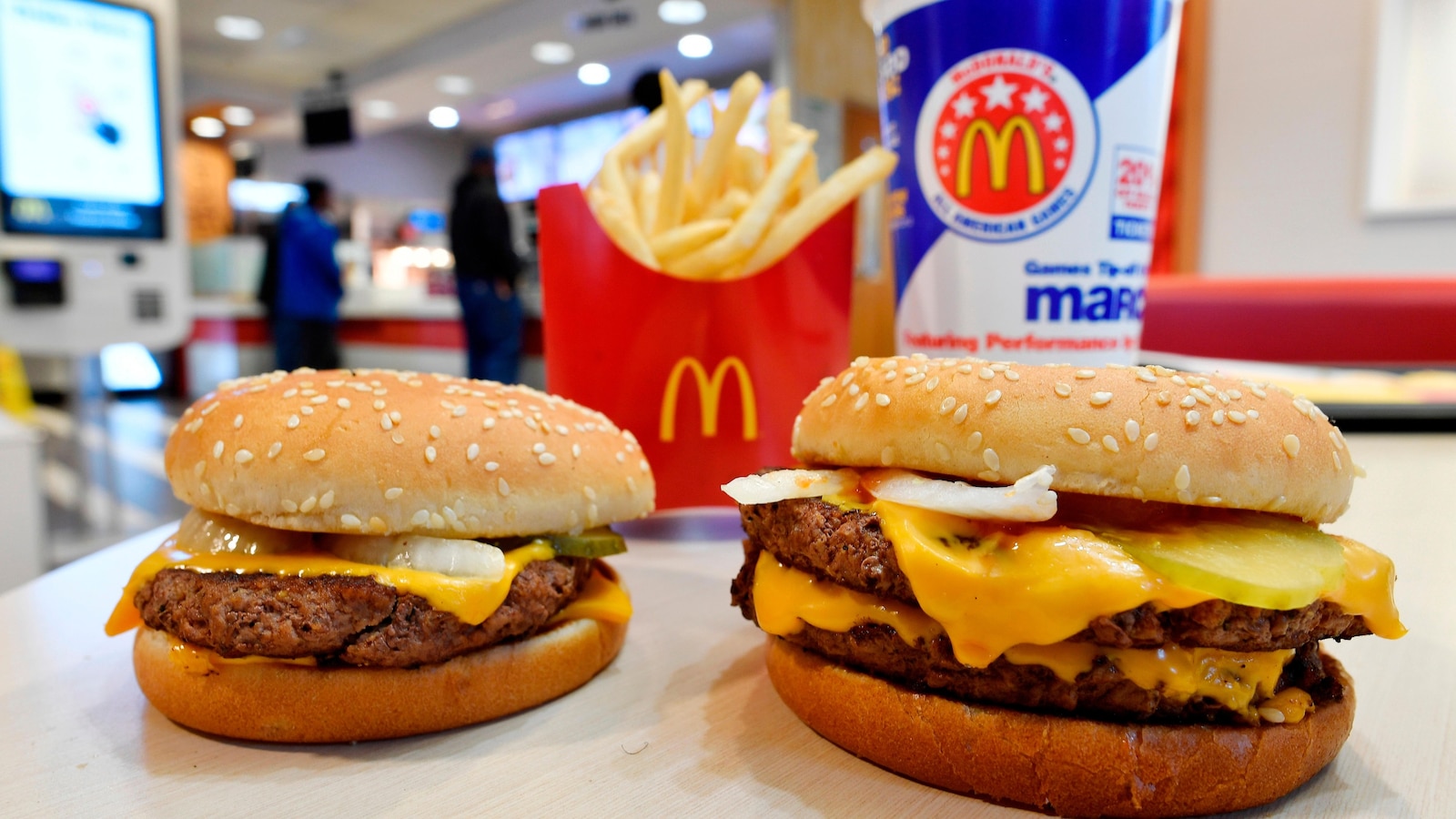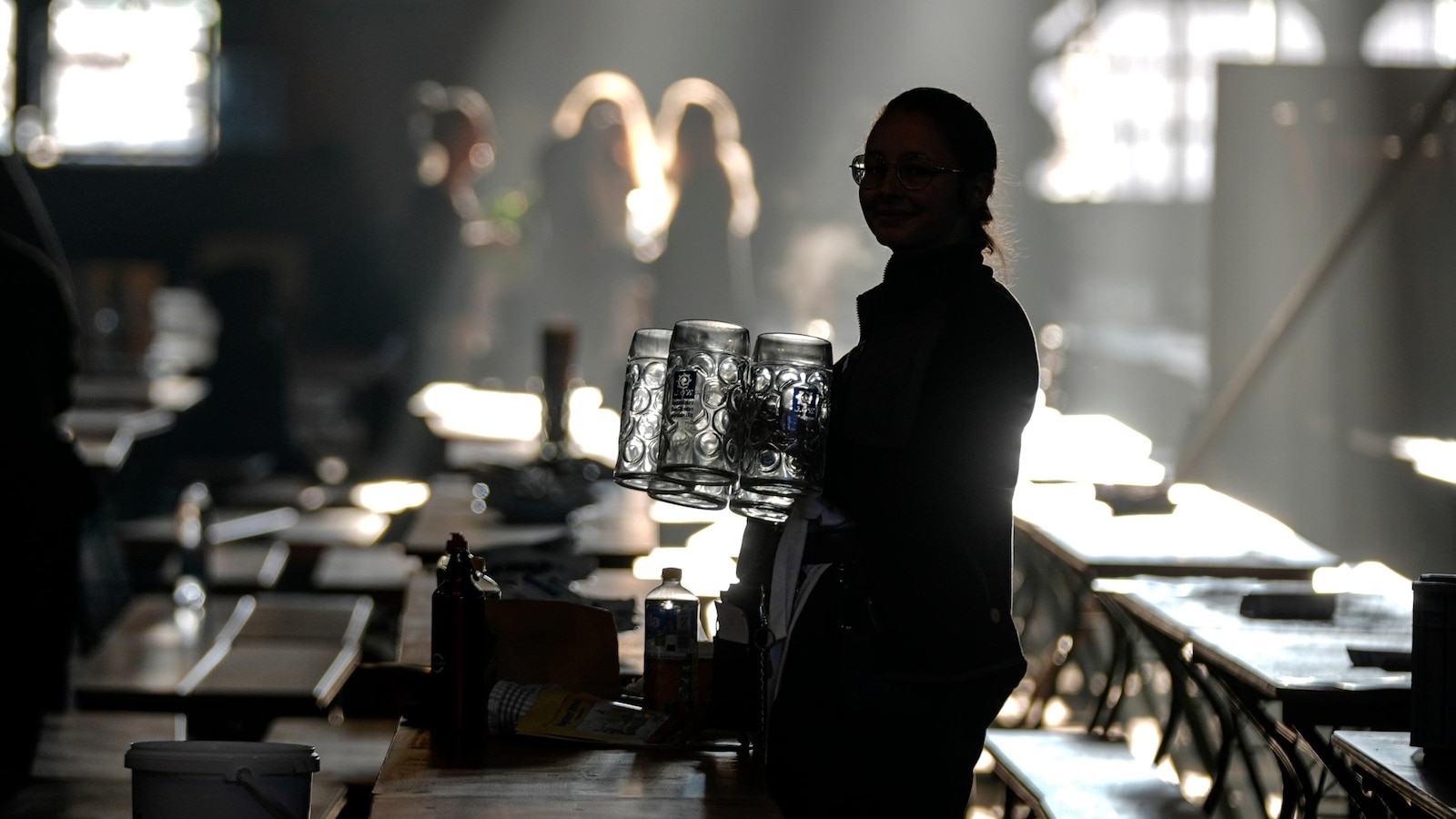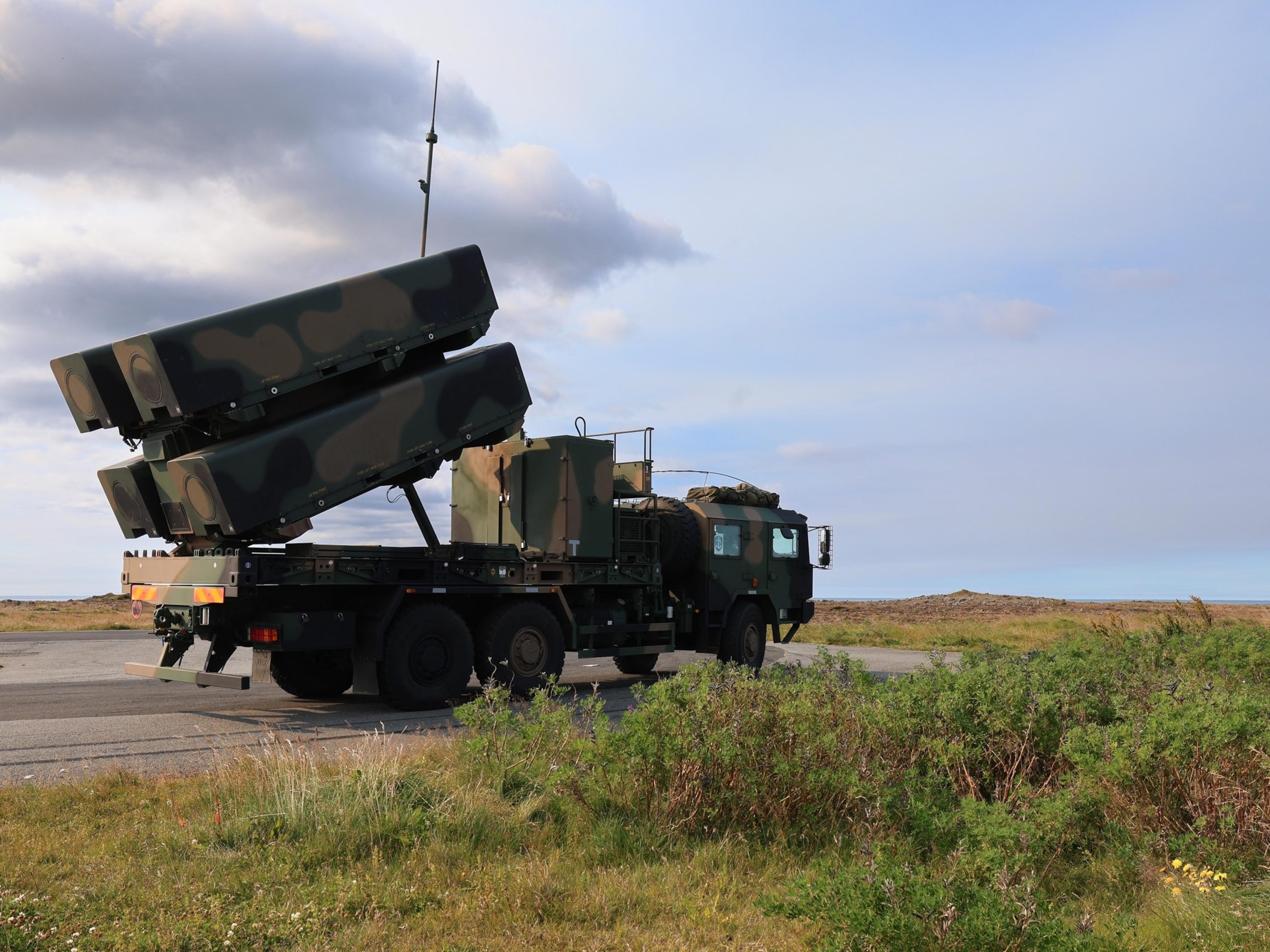
LONDON — McDonald’s lost a European Union trademark dispute over the Big Mac name after a top European Union court sided Wednesday with Irish fast food rival Supermac’s in a long-running legal battle.
The EU General Court said in its judgment that the U.S. fast food giant failed to prove that it was genuinely using the Big Mac label over a five-year period for chicken sandwiches, poultry products or restaurants.
The Big Mac is a hamburger made of two beef patties, cheese, lettuce, onions, pickles and Big Mac sauce, according to the company’s website.
The decision is about more than burger names. It opens the door for Galway-based Supermac’s expansion into other EU countries. The dispute erupted when Supermac’s applied to register its company name in the EU as it drew up expansion plans. McDonald’s objected, saying consumers would be confused because it already trademarked the Big Mac name.
Supermac’s filed a 2017 request with the EU’s Intellectual Property Office to revoke McDonald’s Big Mac trademark registration, saying the U.S. company couldn’t prove that it had used the name for certain categories that aren’t specifically related to the burger over five years. That’s the window of time in Europe that a trademark has to be used before it can be taken away.
After the regulator partially approved Supermac’s request, McDonald’s appealed to the EU court.
“McDonald’s has not proved that the contested mark has been put to genuine use” in connection with chicken sandwiches, food made from poultry products or services associated with operating fast-food, drive-through or take-out restaurants, the court said, according to a press summary of its decision.
Supermac’s portrayed the decision as a David and Goliath-style victory. Managing Director Pat McDonagh accused McDonald’s of “trademark bullying to stifle competition.”
“This is a significant ruling that takes a common-sense approach to the use of trademarks by large multi-nationals. It represents a significant victory for small businesses throughout the world,” McDonagh said in a statement.
The Irish company doesn’t sell a sandwich called the Big Mac but does have one called the Mighty Mac with the same ingredients.
McDonald’s was unfazed by the ruling, which can be appealed to the European Court of Justice, the bloc’s highest court, but only on points of law.
“The decision by the EU General Court does not affect our right to use the ‘BIG MAC’ trademark,” the company said in a press statement. “Our iconic Big Mac is loved by customers all across Europe, and we’re excited to continue to proudly serve local communities, as we have done for decades.”
McDonald’s, the global fast-food giant, has lost a trademark battle with Supermac’s, an Irish fast-food chain, in the European Union. The decision, which was handed down by the European Union Intellectual Property Office (EUIPO), marks a significant victory for Supermac’s and a blow to McDonald’s efforts to protect its brand in the region.
The dispute between the two companies dates back to 2015 when McDonald’s filed a trademark application for the “Mc” prefix in a wide range of food and beverage categories. Supermac’s, which was founded in 1978 and operates over 100 restaurants in Ireland, objected to the application on the grounds that it would prevent them from using their own brand name in Europe.
In its ruling, the EUIPO found that McDonald’s had not provided sufficient evidence to demonstrate that consumers in the EU would associate the “Mc” prefix exclusively with McDonald’s. The office also noted that Supermac’s had been using its name in Ireland for over 30 years without any confusion with McDonald’s.
The decision is a significant setback for McDonald’s, which has aggressively defended its trademarks in the past. The company has faced similar challenges in other countries, including a high-profile legal battle with a Malaysian restaurant called McCurry.
Supermac’s founder Pat McDonagh hailed the ruling as a victory for small businesses against corporate giants. He argued that McDonald’s should not be allowed to monopolize common prefixes like “Mc” and called on other companies to stand up to trademark bullying.
McDonald’s, for its part, has indicated that it may appeal the decision. In a statement, the company expressed disappointment with the ruling and reiterated its commitment to protecting its intellectual property rights.
The outcome of this case highlights the complexities of trademark law in the global marketplace. While it is important for companies to protect their brands, they must also be mindful of the rights of others and the potential impact on competition and consumer choice.
As Supermac’s celebrates its victory, the case serves as a reminder that even the largest corporations are not immune to legal challenges from smaller rivals. In an increasingly competitive business environment, companies must be prepared to defend their trademarks while also respecting the rights of others.


